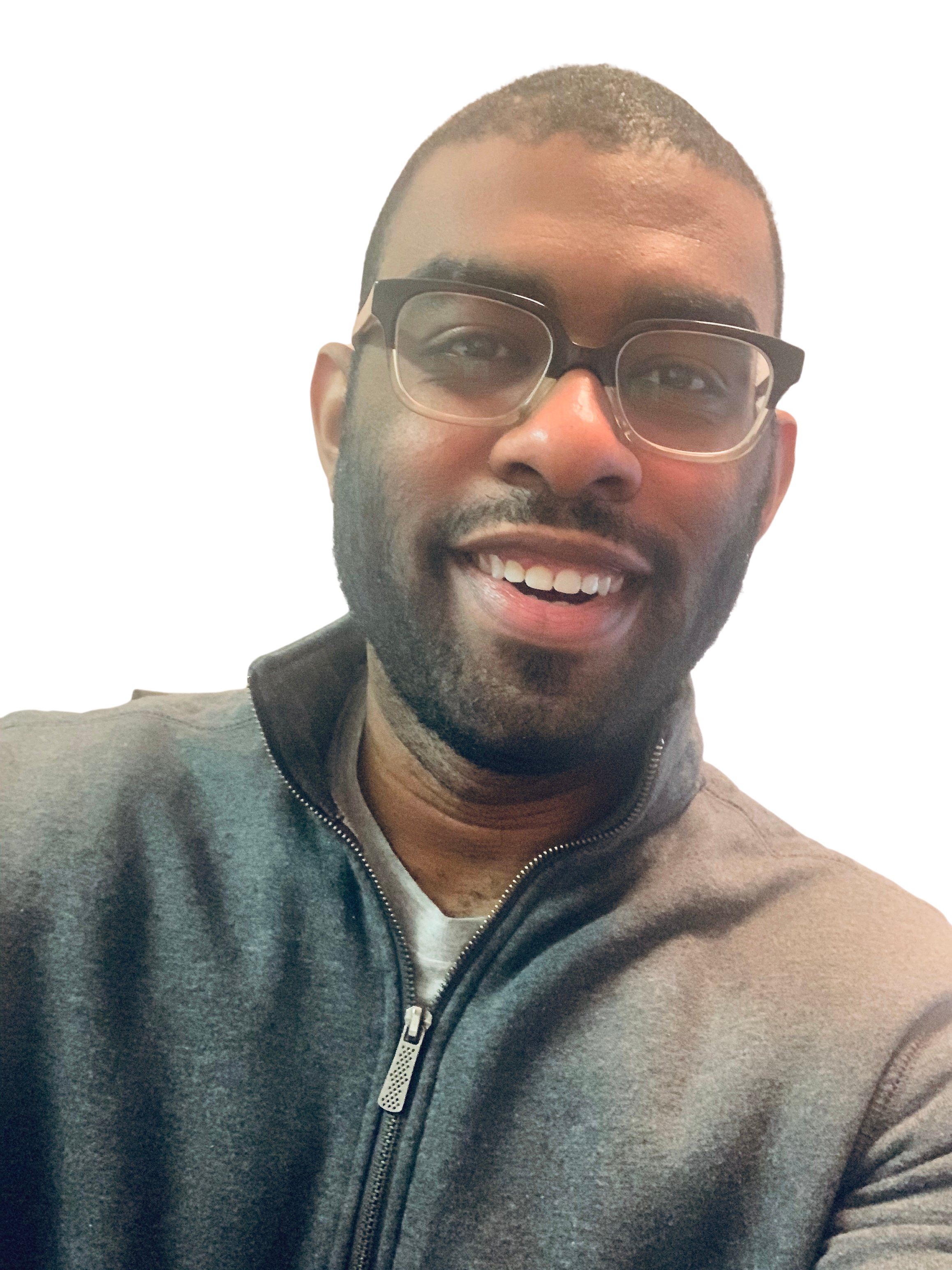Thursday, July 1, 2021


Your Celebratory Quote
“Inequities in our society are holding the economy back. If inequities were eliminated in 2019, we would have gotten $2.7 trillion worth of extra economic activity.”
A note from the Writer
Hello again! This week’s newsletter makes clear to me that closing the wage, wealth, and poverty gap requires so many disciplines. Private industry, public sector, every day people, and CEOs all have a role to play. And much like a startup company, we’ll have to try a number of ideas before we really see results. That said, I know for sure that committing to being inclusive in our personal relationships and practices and taking action on our values is a great start. I hope you find some nuggets of all of the above in today’s newsletter!
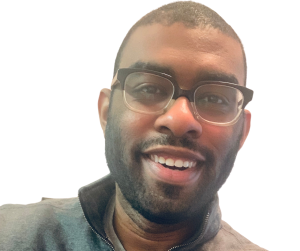
FEATURED
Cannabis + Capitalism + Social Equity
When it comes to creating systems that have equitable outcomes, there are many schools of thought. Challenge? Dismantle? Reform?
The legalization of cannabis has created opportunity for marijuana entrepreneurs to develop more traditional business plans and access capital markets to build a mega industry.
So, what does an emergent cannabis industry have to do with social equity? Here are the numbers…
Blacks and whites use marijuana at similar rates.
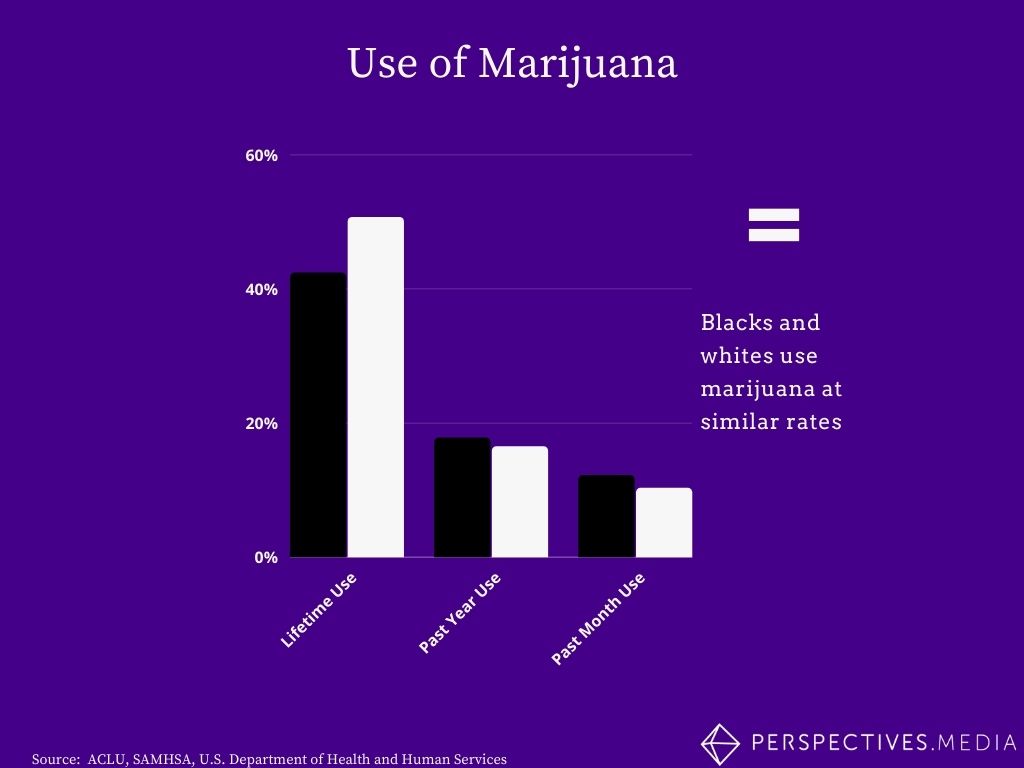
Yet Black people are 3x as likely to be arrested for possession. 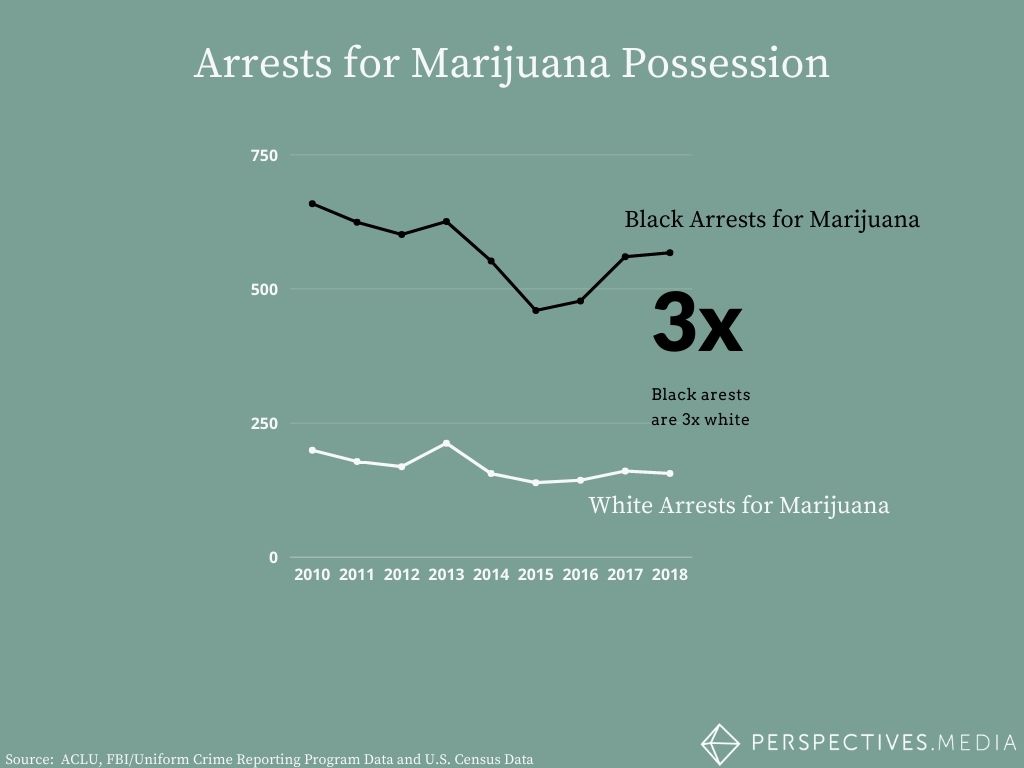
As legalization takes place in states, there is a push from activists and advocates to ensure black and brown ownership in what is now a $33 billion cannabis industry. It is the perfect case study. Can our political system meet private enterprise to ensure fair, equitable outcomes based in traditional American capitalism?
So far the answer is not looking as good as it should given our knowledge of systemic racism. Despite the disparate harms done to Black communities due to the war on drugs and marijuana possession arrests, Black people make up only 4.3% of cannabis business owners despite being 13% of the overall US population.
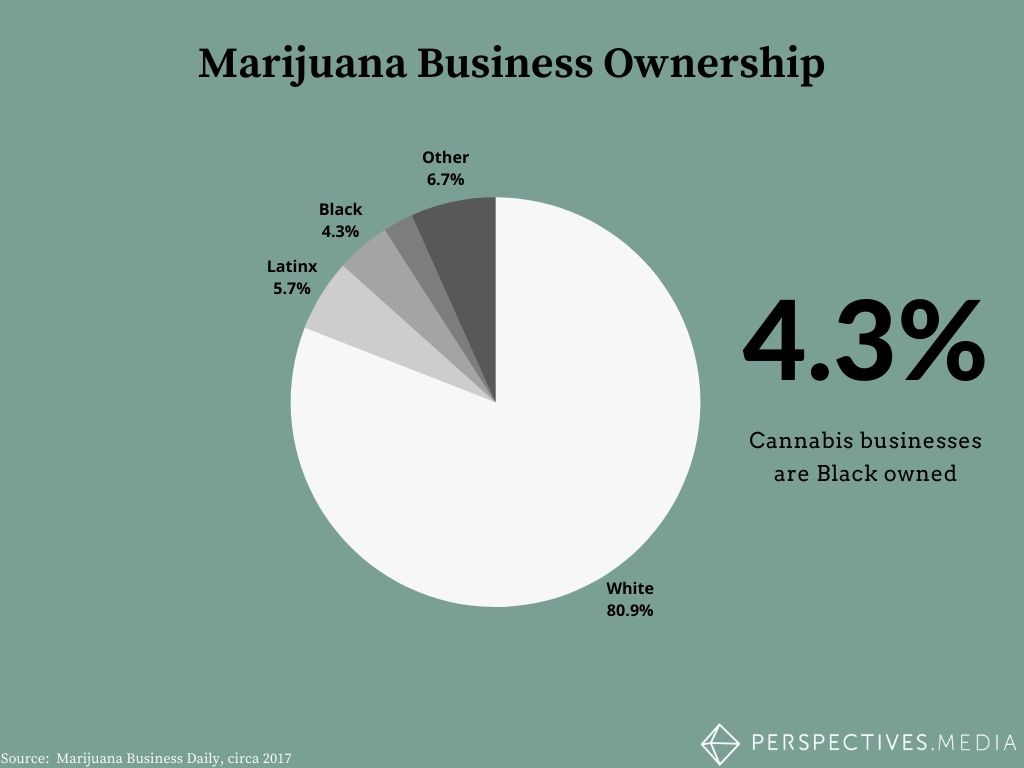
Have you checked to see if Cannabis is legal in your state? If not, here is a map of where cannabis is legal. If you’re interested in Cannabis policy, consider following the National Cannabis Industry Association. They are the first Cannabis trade organization and have some pretty good social equity intentions. Also check the Minority Cannabis Business Association. You can start there if you want to be a cannabis entrepreneur or invest in a minority owned cannabis business. If you’re a cannabis user, consider where you make your purchases.
If you’re interested in the public policy side of things, check if your local jurisdiction has cannabis equity policies. Los Angeles has a solid example of how they think about cannabis equity on their website.
ARTICLES
-
Leading Asian American Women Own Their Voice
The spike in anti-Asian hate in the US was well documented by mainstream news outlets. Most activists and organizers pinpointed COVID19 political hate speech as the likely catalyst. Eight Asian American women were killed earlier this year in a hate crime incident. This rise in hate shows how quickly latent discrimination and "othering" can spill over into political and physical violence.
It is against this context of discrimination and hate that actress Olivia Munn has decided to speak out and own her voice and experience as an Asian woman in America. In spite of citing career backlash as a potential outcome, Munn and the activists felt the need to call out the everyday oppression they experience.
-
Native activists remind America of broken promises
America’s violent history against the indigenous peoples is widely known and well documented. Although there are protests happening now in Washington DC, Pipeline Protest in Minnesota, and even a small protest in Virginia, indigenous people have had some major victories on the political and cultural front in spite of underlying trends in healthcare and economics still being largely negative.
Secretary Deb Haaland announced investigation into atrocities of Indigenous boarding schools in American schools. Hopefully this fact finding victory finds its way into the minds of the American people.
I thoroughly enjoyed this cross-border analysis of indigenous national cultures and empowering Native movements from journalist Jenni Monet and activist Kim Tallbear.
-
Documenting Disabled Artists
Disabled artists discuss their lived experiences often feeling pushed aside. A new campaign called the Electric Bodies campaign is putting the lived experiences of disabled artists in poetic form.
In a fantastic podcast from Disability Arts Online, Allan Sutherland said, “We have in the past defined disability art as art by disabled people about the experience of being disabled. And what these poems do is that they tell us what that experience has been. And that is really informative.”
Check out some of the articles and art from the campaign here.
SHOUT OUTS
-
We See You Lil Nas X
Lil Nas X is combining his authentic voice, art, and twitter. Here he is at the BET awards.
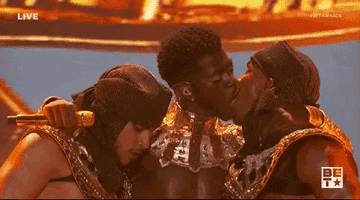
Check out this fantastic reflection on how Lil Nas X's art has inspired others overcoming his fear of being themselves.
-
Heritage + Entreprenuership
Artists are really leading the way on how to combine love of your heritage, your body, and yourself with entrepreneurship and artistry. Becky G launched a beauty brand that celebrates her Mexican heritage and Tracee Ellis Ross is combining a love of black hair with her public conversations and her hair care company, Pattern Beauty.
-
People of color breaking political barriers
There were some awesome local races around the country well outside of the New York mayoral race where candidates from diverse backgrounds did extremely well. Some we think you should know about include:
San Diego City Council creating an Asian Empowerment Zone
Buffalo Mayoral Primary Upset Win of Black Socialist Woman a Community Organizer, Activist, and Registered Nurse

Stay in the Loop
Subscribe to our newsletter, Perspectives for Progress!






